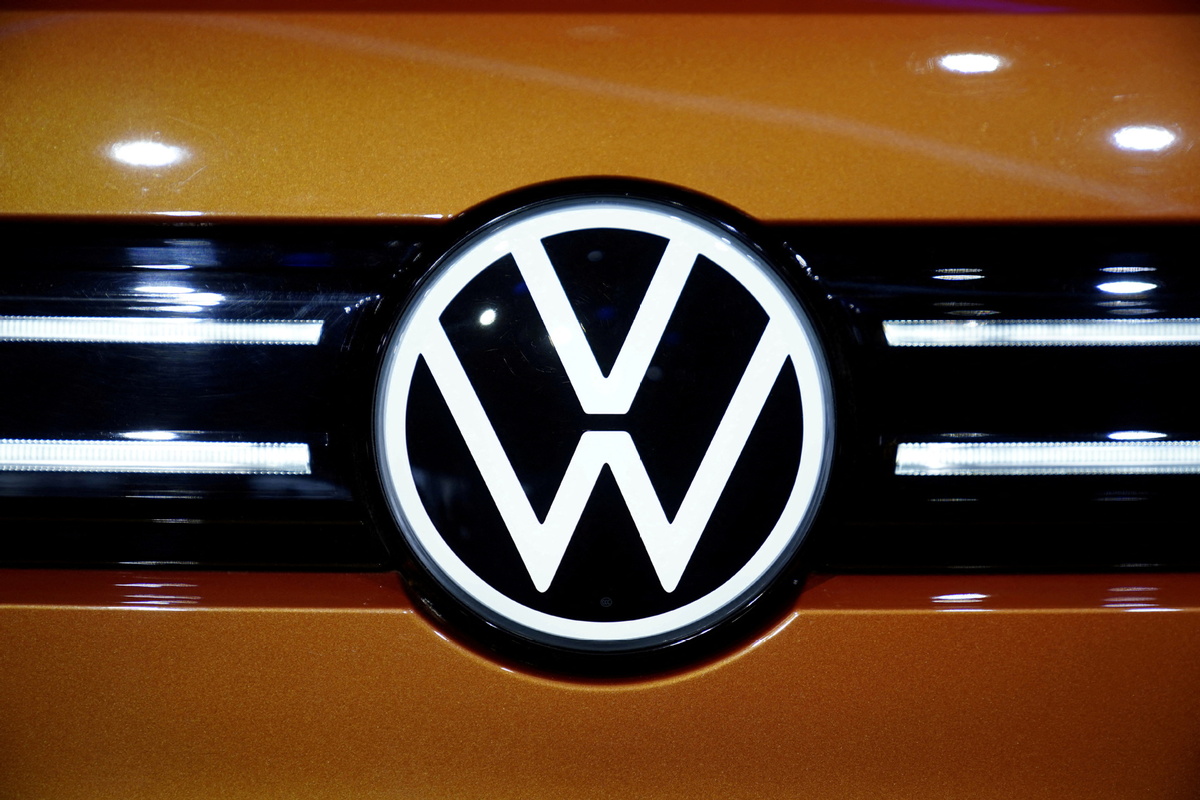VW partners with Chinese companies to cut battery cost

Volkswagen Group China is forming joint ventures with Huayou Cobalt and Tsingshan Group to secure nickel and cobalt supplies, in a bid to cut the cost of batteries for its electric vehicles.
The three companies have signed memoranda of understanding for two joint ventures, said the German carmaker in a statement on Monday.
Tsingshan is a giant in the global nickel industry and Huayou is a supplier of cobalt and li-ion battery products.
The first joint venture will be among the three and be built in Indonesia, where they will invest their respective advantages and resources for battery raw materials production, Volkswagen said in a statement.
More than 10 percent of the world's laterite nickel ore reserves are located in Indonesia, said Volkswagen.
The second joint venture, which will be headquartered in China's Guangxi Zhuang autonomous region, will be formed with Huayou to refine nickel and cobalt sulfates and produce cathode materials, it said.
Many electric carmakers including Tesla and BYD have recently hiked prices on some of their models in China citing rising raw material costs.
Volkswagen said the two joint ventures aims to achieve significant cost advantages, secure the raw material supply and achieve a transparent and sustainable supply chain.
"They are expected to contribute to the group's long term target of a 30-50 percent cost reduction on each battery," said the carmaker.
Volkswagen's deliveries of electric vehicles almost doubled in 2021 to more than 450,000 units, said the carmaker.
In China, the German auto giant sold 93,000 electric cars, four times the number in 2020. It expects sales to double this year in the country.
Volkswagen now has five electric models bearing the namesake marque in China, its largest market. Its premium subsidiaries, including Porsche and Audi, have electric models available as well.
Herbert Diess, CEO of Volkswagen AG, said its EV sales in the last months of 2021 matched the level of Chinese competitors including New York-listed Xpeng and Nio.
"We had a bit of a slow start, yes, accepted. But toward the end of last year, we already had a run rate of 15,000 units. Now at least, we want to double up, and that should happen," he said.
The China Association of Automobile Manufacturers estimated that total sales of electric cars and plug-in hybrids will reach 5.5 million this year in the country, up from 3.5 million in 2021.

